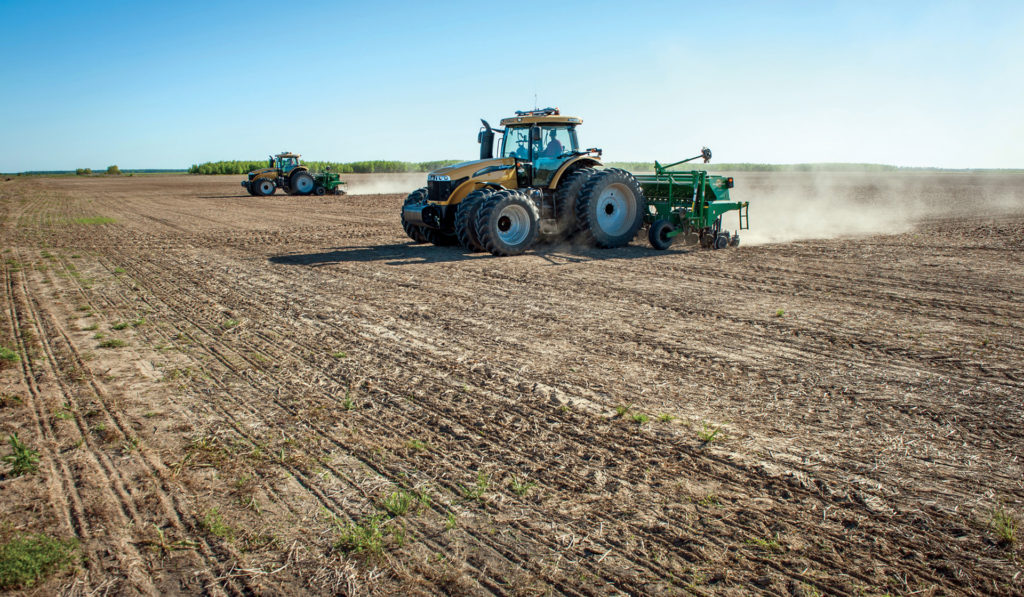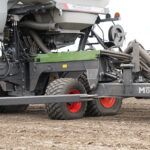Jungle to Farm
In a region with a famous past, the Berry family looks to sustain a long future.

Jungle to Farm
In a region with a famous past, the Berry family looks to sustain a long future.When Curtis Berry graduated from Mississippi State University in 1996, he moved back home to join his father on their family farm. “Dad, he never pressured anybody to come back and help,” Curtis says. “But [by] my junior year of high school I knew this was going to be my profession.”
The farm, located in Tunica County, is in the heart the storied Mississippi Delta, an alluvial floodplain, stretching 200 miles south from Memphis, and, at its widest, 70 miles across. Prior to pioneers like Curtis’ father, Charles, the region was known primarily for growing cotton. Today, the Berrys primarily grow rice, which Charles began growing in the early 1960s on what was then a 2,400-acre farm.
The Berrys’ farm, which today totals about 4,500 acres, offers a reminder that in the Delta agriculture still booms. Indeed, farming has remained so intensive that the region’s future may depend on farmers embracing new techniques. Water, in particular—once a seemingly endless resource—has become a concern.
“That’s a hot-button issue right now,” says Curtis, who sits on the board of directors for the Yazoo Mississippi Delta Joint Water Management District. “It’s going to be for the next 50 years.
“It’s certainly very serious,” he says, “but it’s not dire.” To help plan for the future, he has joined a voluntary effort to track pumping, and for more than a decade has employed zero-grade rice production.
“That means these fields are flat,” Curtis explains. “Every drop of rain that we get, I can use in my rice crop and not have to pump out of the ground.” He estimates his rice fields use between half and a third of the water of a conventional field of the same size. “Any time we can use surface water, as opposed to ground water, I feel like we’re helping.”
There are discussions of pumping in water from other nearby sources, including dammed lakes just outside the Delta, as well as the Mississippi River itself. Local researchers are developing technological conservation methods, as well. One scientist at the nearby Delta Research and Extension Center has studied “alternate wetting and drying,” in which rice is covered only intermittently with water. Initials results suggest that rice fields can be left dry much longer than most conventional farmers now allow, with no effect on yield.
Curtis is watching and waiting. “My daddy always says, ‘Don’t be the first one to jump on the new technology,’” he says, “‘but don’t be the last.’” To that end, the Berry’s use Challenger tractors for their fuel efficiency and, in the case of the family’s two MT765D track tractors, because they’re critical in the effort to reduce compaction.
Curtis is a father himself now—he has three daughters and one son, the eldest 14 years old—so he’s beginning to contemplate what he in turn will pass on. His son already has expressed an interest in doing what his daddy does.
“I told him, ‘God will work that out for you,’” says Curtis. Though by keeping an eye on his farmland, he, too, is doing his part.
For the full story and related video, see https://www.myfarmlife.com/features/jungle-to-farm/.
By: Boyce Upholt



